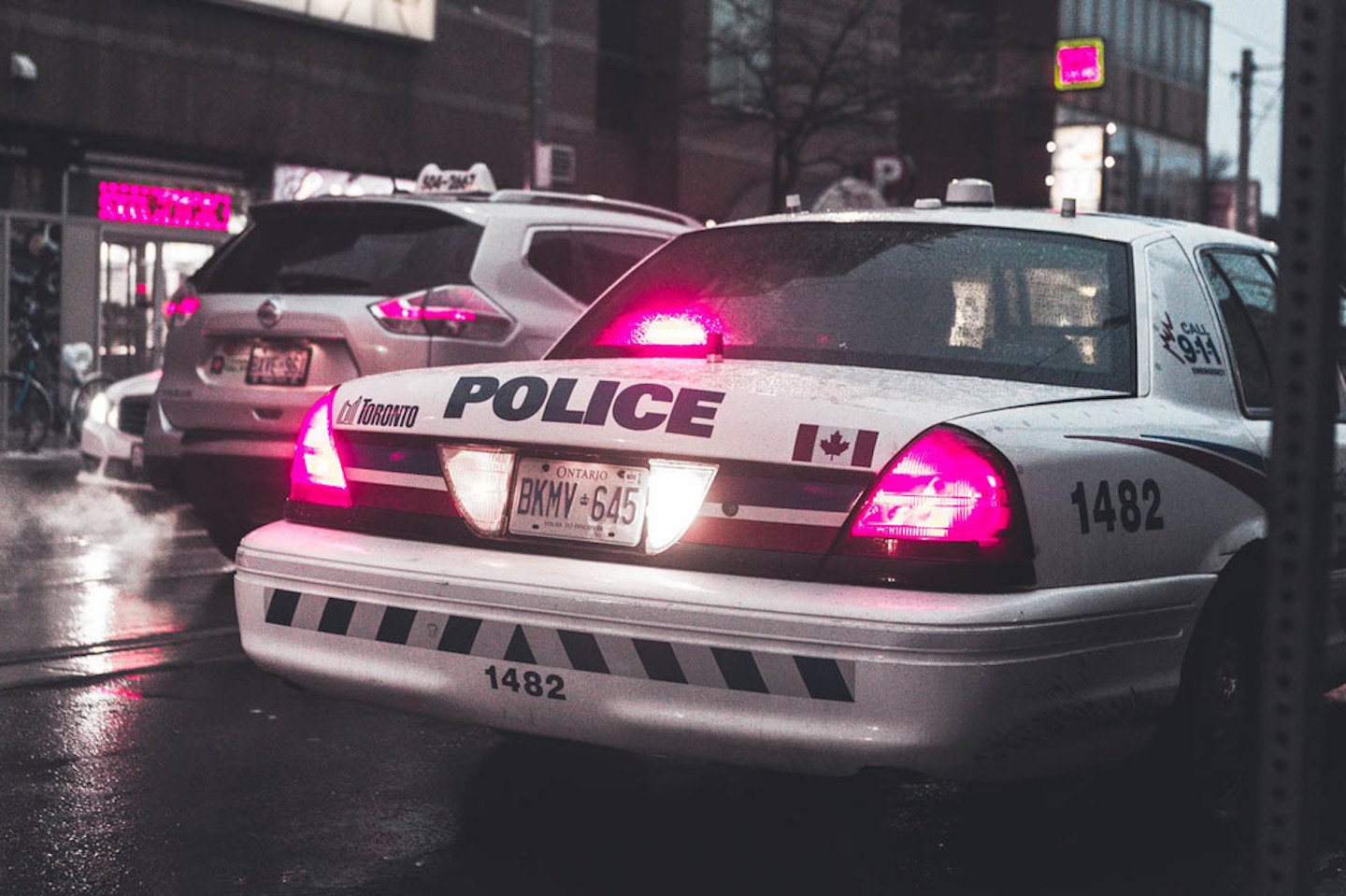Police Watchdog Slams Ontario Cops For Too Many ‘Unjustified’ Strip Searches

Credit to Author: Rachel Browne| Date: Thu, 21 Mar 2019 13:46:39 +0000
An Ontario police watchdog is slamming officers across the province for carrying out too many “unjustified” strip searches that violate the rights of people who are arrested, and negatively impact the criminal court process.
In a report released Thursday, the Office of the Independent Police Review Director (OIPRD) also found a patchwork of inconsistent strip search policies, and a lack of strip search data collection and officer training. It also notes that police in Ontario conduct more than 22,000 strip searches every year, the majority of which are carried out by the Toronto Police Service.
“Individuals who have experienced strip searches have described them as ‘demeaning,’ ‘upsetting’ and ‘devastating,’” OIPRD director Gerry McNeilly writes in his 162-page report entitled Breaking the Golden Rule: A Review of Police Strip Searches in Ontario. “Some suffer varying degrees of psychological harm as a result of being strip searched.”
McNeilly states that while there are sometimes valid reasons, including public safety, for police to carry out strip searches after arresting someone, “their level of intrusiveness and the impact they can have on an individual require police services and their employees to clearly understand when strip searches are appropriate and how they are to be conducted.”
The report outlines 50 recommendations regarding strip searches in Ontario, including that the provincial safety ministry update its policing standards manual and that strip search procedures should differentiate between strip searches, frisks, pat-downs, and body cavity searches.
It also urges police to keep race-based data on strip searches to “enable an evidence-based evaluation of the role that race plays in decisions to conduct strip searches.”
The OIPRD began its probe into the practice of strip searches of people arrested or detained by police services across Ontario in 2016.
The Supreme Court of Canada ruled in 2001 that strip searches are “inherently humiliating and degrading” for people detained by law enforcement, therefore they cannot be conducted “simply as a matter of routine policy.” Strip searches should only be carried out on “reasonable grounds,” such as when officers are looking for pertinent evidence or weapons.
This decision prompted a number of police services to implement strip search policies, however the OIPRD still received public complaints regarding police strip searches that violated those policies.
“I’ve had enough,” McNeilly told the Toronto Star in 2016. “There is no regard being given to the rules.”
In 2017, an Ontario court slammed an Ontario Provincial Police Detachment, and stayed an impaired driving charge, after finding that officers disregarded the strip search rules when they asked the accused to remove her underwire bra after she was held at the police station.
“And the apparent willingness of both officers, and possibly other [OPP] officers … to continue with a practice of removing at least every underwire bra worn by female detainees, knowing that this practice when implemented automatically and without exception towards every female detainee, is illegal, is an egregious abuse of police power,” the judge stated.
Courts in Ontario have found many other strip search violations that resulted in the dismissal of other criminal charges. A woman charged with impaired driving in Chatham was ordered to remove her bra in 2015 prior to taking a breathalyzer. A judge dismissed those charges after the search violated her charter rights.
In 2012, police apologized to a father in Kitchener who was forced to strip following his arrest after his four-year-old daughter drew a picture of a gun at kindergarten. The police found that “due to a miscommunication in the processing [the father], he was subjected to a thorough search instead of a less intrusive frisk search,” the service said in a press release at the time. “An oversight which we regret.”
Last year, the Toronto Police became the first service in Canada to use “full body scanners” as an alternative to strip searches. A small pilot project using two different scanning technologies will determine whether the technology is rolled out on a wider scale.
While civil liberties advocates say the scanning technology might be less invasive than a physical strip search, a spokesperson for the Canadian Civil Liberties Association told VICE News last year they still represent a “significant privacy invasion” as they produce “detailed images of a person’s naked body.”
Follow Rachel on Twitter